Mangaluru, Mar 30: The SSLC examinations started across Karnataka on Wednesday. Tensed students around the examination centres were seen making last minute preparation prior to entering their respective halls in the morning.
In Dakshina Kannada district, as many as 33,851 candidates are slated to appear for the examinations. Of this, 17,672 are boys, while 16,179 are girls. 1,203 students are appearing as private candidates.
The exams commenced at 9.30 am and students had to be at the examination hall 30 minutes before the commencement of the exam.
Dozens of officials had been deployed to transport question papers to examination centres. The coastal district does not have sensitive and hypersensitive centres.
The district administration intends to see the Dakshina Kannada among the top three good performing districts in the state in the SSLC examination.
Several measures have been initiated to improve the pass percentage in the district. There was a marked improvement in the results last year when the district ranking jumped from 29 to 8.
This improvement was seen in the exam, which, for the first time was based on the new syllabus similar to CBSE. Moreover, it was last year that the Continuous and Comprehensive Evaluation also came into effect.
Ahead of this year's exam, special classes were conducted for slow learners throughout the year. Night classes were held this year too in March.
Legislators, panchayat members and religious leaders had also visited the houses of students to learn their preparation and also to boost their morale.
The Deputy Commissioner has imposed prohibitory orders within 200 metres radius of the examination centres. All the photocopying centres have been asked to shut down during the examinations. To check malpractices, special squads have been formed in the district.



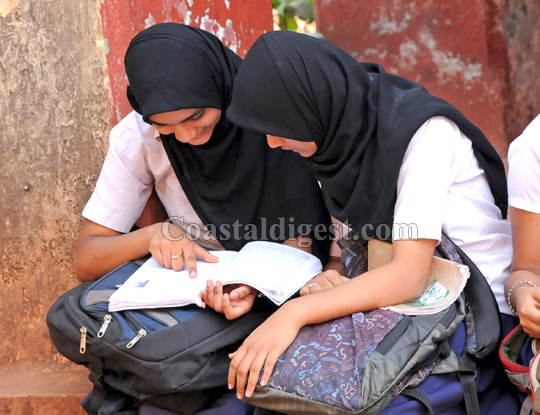
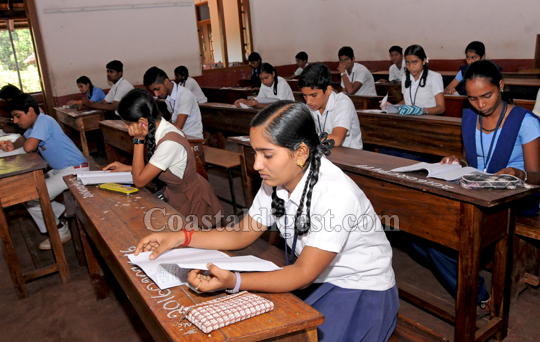

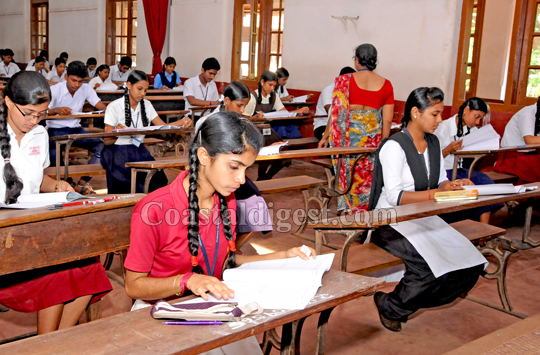
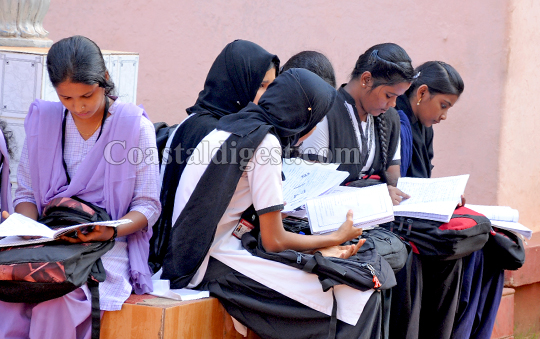
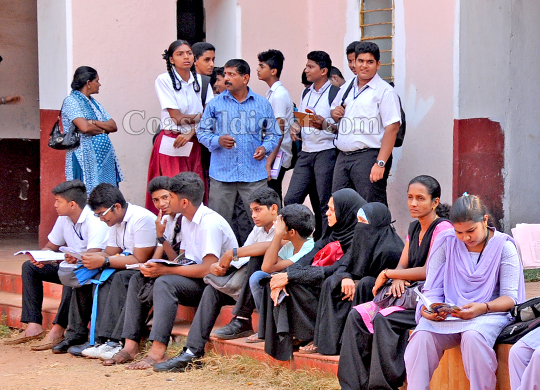
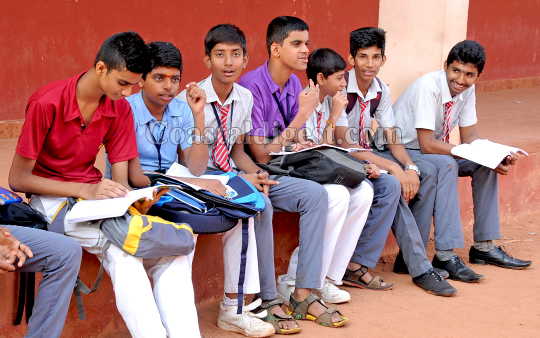

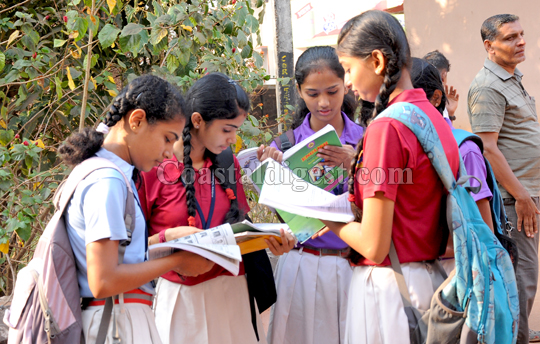
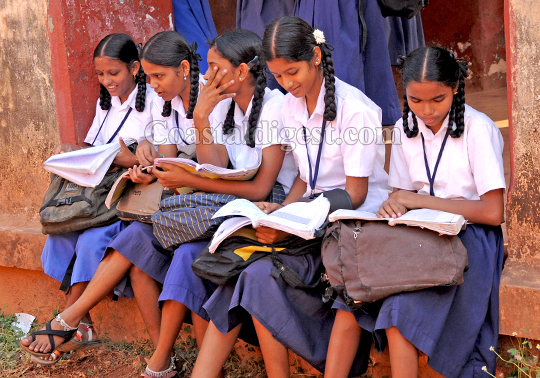
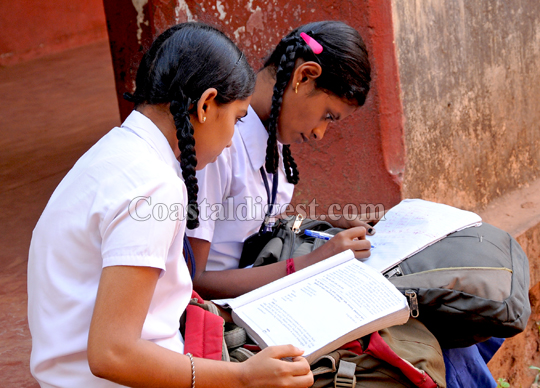
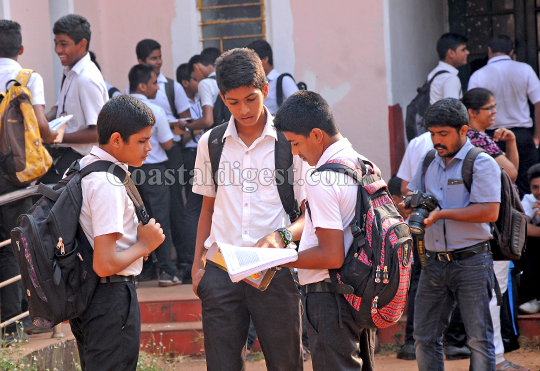

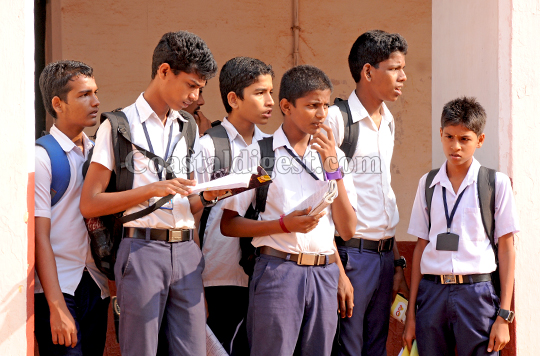

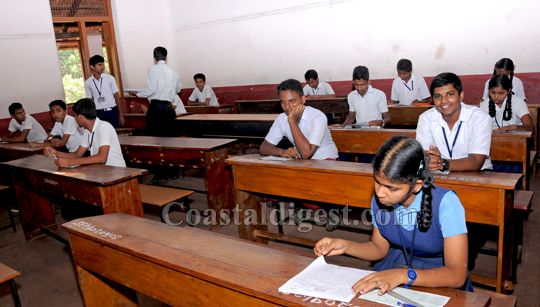
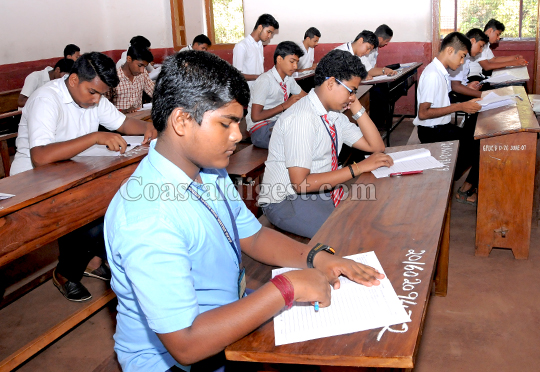

Comments
Don't stress, do your best, forget the rest....Good luck
All the best to all, Do well in the exams.
All the best students. Future stars of DK.
Best of luck May allah guide us.. all Imagine what will be the result in the day of judgment we all write exam in duniya (good OR Bad Deeds)& wait for the Result in akhira.MAy allah help in both world AMeen
jasakkulla do well in the exams. all the best guys n girls.
Add new comment